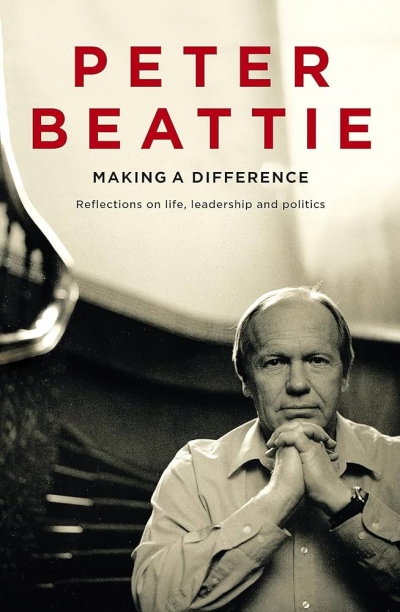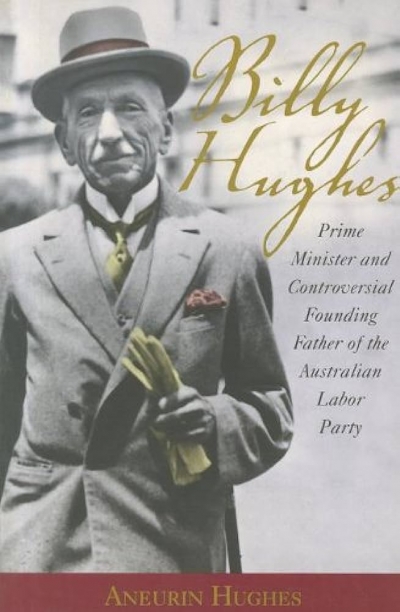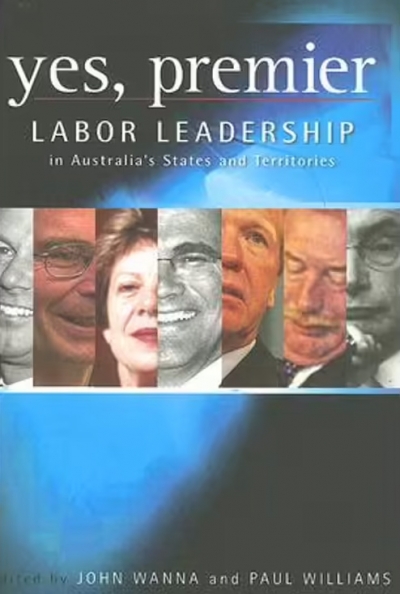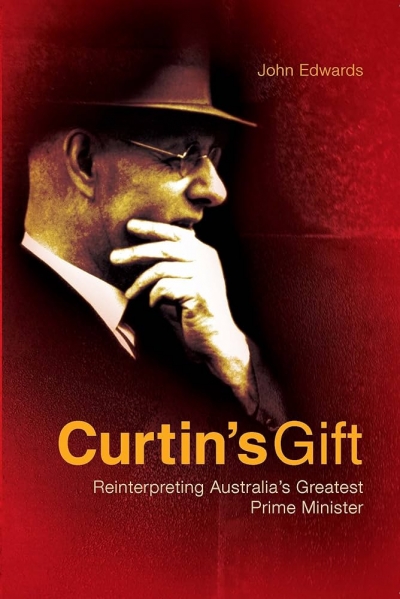Major historical figures generally attract multiple biographies. Napoleon and Nelson have, reputedly, amassed more than 200 biographies each – with successive waves of interest reflecting the constant need for reinterpretation. But at some point we must strike a declining marginal utility as we tally the titles – biography as running soap opera appears a postmodern accoutrement. In Australia, we have not yet managed to produce a biography of each prime minister – then along comes another on the ‘Little Digger’ Billy Hughes (1862–1952), without doubt one of our most colourful political leaders and written-about subjects. If not 200 titles, then there is certainly a small bookshelf full of respectable studies and serious essays on him, not to mention his own books and the many cameo appearances he makes in political memoirs and other works of his generation. So, do we need another interpretation? Indeed, does this ‘short life’ of ‘King Billy’ offer a new interpretation? Why did Aneurin Hughes – his namesake but no relation, and more on that later – commit to this laborious project?
...
(read more)





